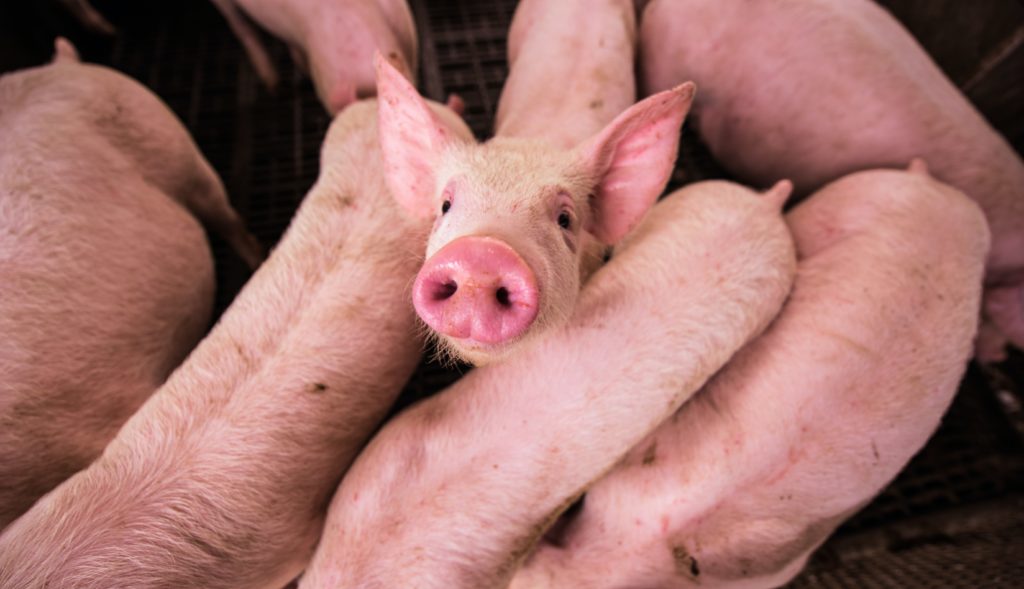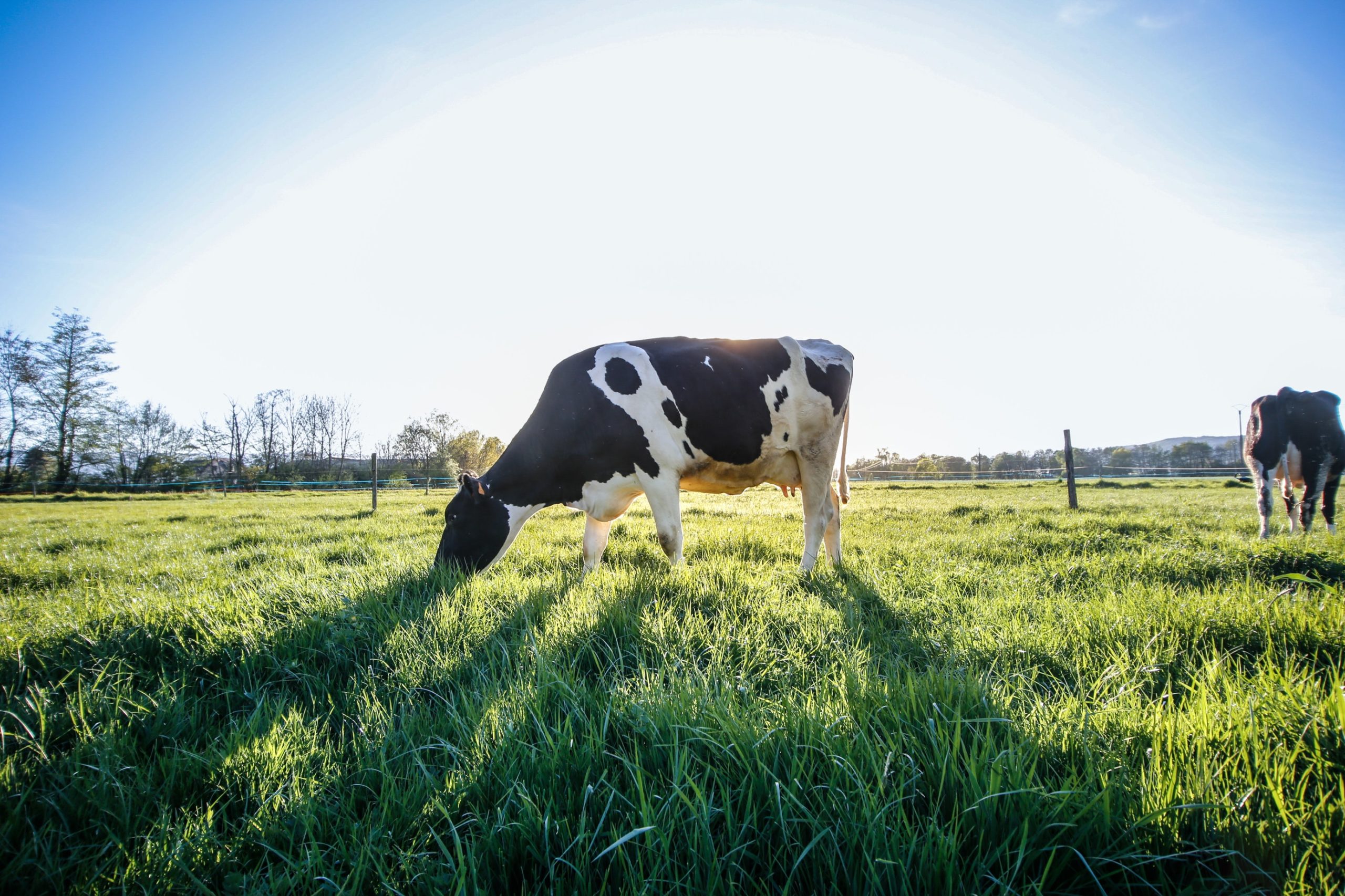Why Do Politicians Ignore Animal Agriculture? Study Points to Potential Voter Backlash.
3 Mins Read
Lack of government attention on the environmental costs of animal agriculture is rampant, finds new research.
A recent study has shed light on the lack of governmental attention to the large environmental and human health costs associated with animal agriculture. The study, which was published in the journal Frontiers in Psychology, suggests that potential U.S. voter backlash may be a significant factor contributing to this neglect.
The findings
To investigate whether politicians who attempt to address the costs of animal agriculture face electoral punishment, researchers conducted an experiment involving a hypothetical male candidate running in a presidential primary. The study, which included 2,112 participants from the AmeriSpeak NORC panel, varied the way meat was discussed in the candidate’s stump speech, either emphasizing the need to reduce consumption for environmental reasons or highlighting animal rights concerns.

The results of the experiment revealed an interesting pattern. When meat’s environmental costs were mentioned, there was an overall backlash against the candidate. However, mentioning animal rights earned both Democrat and Republican candidates an innovation credit, indicating a positive response from voters. The level of backlash for Democrats was relatively small, with some mixed evidence of innovation credit depending on the strength of respondents’ party identification.
In a second experiment involving 852 participants from Survey Sampling International, the researchers explored how voters reacted to a hypothetical “animal friendly” candidate running in a presidential primary. The experiment varied attributes such as the candidate’s race and gender. The findings provided insights into the complex dynamics at play in voters’ responses.
The study’s hypotheses suggested that politicians focusing on the environmental costs of meat would be more likely to face electoral punishment compared to those who did not address the issue or focused on the environmental costs of transportation instead. The research indicated that Republicans would be less supportive than Democrats in this context. Conversely, politicians who raised the ethical costs of meat from an animal rights perspective were expected to be more likely to face electoral punishment, although the hypothesis did not specify party differences.
The study also explored potential mediators for voters’ reactions, such as likability, power dynamics, and moral considerations. However, no firm expectations were established for these mediators, and the researchers tested three possibilities: cognitive dissonance, anthropocentric norms violation related to power, and anthropocentric norms violation related to morality.
Recommendations
The implications of the study’s findings suggest that politicians on the left in the U.S. should not hesitate to address the issue of meat consumption, albeit with some caveats. There may also be opportunities for collaboration on animal rights between politicians on both sides of the political spectrum.

Further research and policy discussions are needed to delve into the complexities of voter attitudes and potential strategies for effectively addressing the environmental and ethical costs of animal agriculture. By understanding the factors that shape public opinion and electoral dynamics, the research suggests policymakers can work toward implementing sustainable and humane solutions in this crucial domain.
The research follows an investigation into animal agriculture’s climate impact covered in the media. According to that research, only 7 percent of climate-related articles referenced livestock farming and its effects on climate change.



